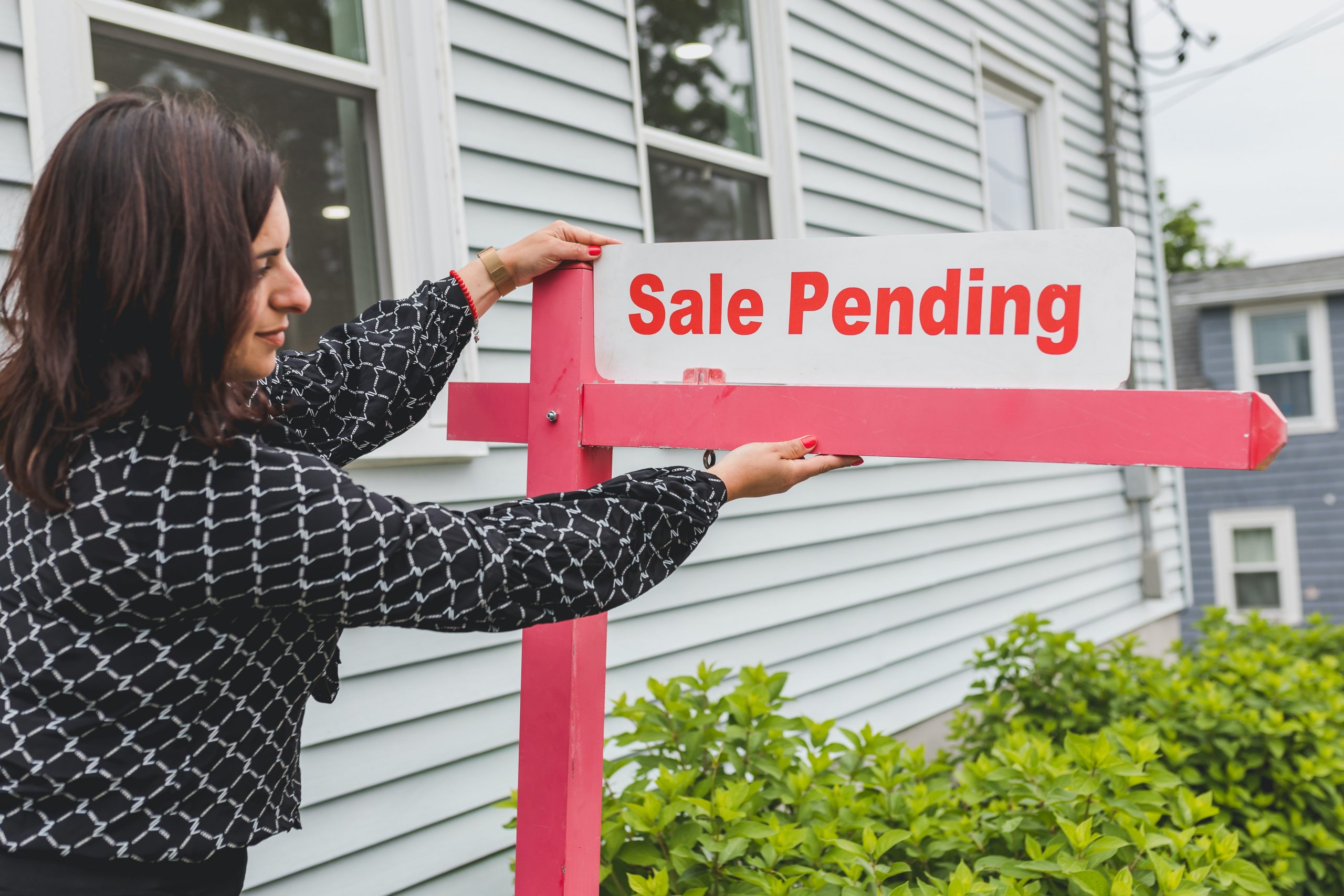Closing costs are the fees and expenses that you have to pay when you purchase a home. These costs are in addition to the down payment and are typically between 2% and 5% of the home’s purchase price, but can vary. Here are some important things you should know about closing costs when buying a house:
- What are closing costs?
Closing costs are the fees and expenses associated with the purchase of a home. They can include items such as loan origination fees, appraisal fees, title insurance, taxes, and attorney fees, to name a few.
- How much are closing costs?
Closing costs can vary depending on a variety of factors, including the purchase price of the home, the location of the property, and the type of loan you are getting. Generally, closing costs range from 2% to 5% of the purchase price of the home, but they can vary.
- When do you pay closing costs?
Closing costs are typically paid at the closing of the real estate transaction. This is when you sign the final paperwork and officially take ownership of the property.
- Who pays for closing costs?
The buyer and seller can negotiate who pays for closing costs. In some cases, the seller may agree to pay some or all of the closing costs as part of the negotiation process. However, in most cases, the buyer is responsible for paying the majority of the closing costs.
- What are some common closing costs?
Common closing costs include loan origination fees, appraisal fees, title insurance, taxes, and attorney fees. Other potential closing costs include home inspection fees, survey fees, and prepaid expenses, such as property taxes and homeowners insurance.
- Can closing costs be financed?
In some cases, closing costs can be financed as part of the mortgage loan. This can be a good option if you don’t have the cash on hand to pay for the closing costs upfront. However, financing closing costs will increase your monthly mortgage payment and the overall cost of the loan.
- Will I receive an estimate of all my closing costs before paying?
Yes, you can and should receive an estimate of your closing costs. Your Realtor® will be able to provide you with an itemized list of all closing costs and fees.

 Facebook
Facebook
 X
X
 Pinterest
Pinterest
 Copy Link
Copy Link







